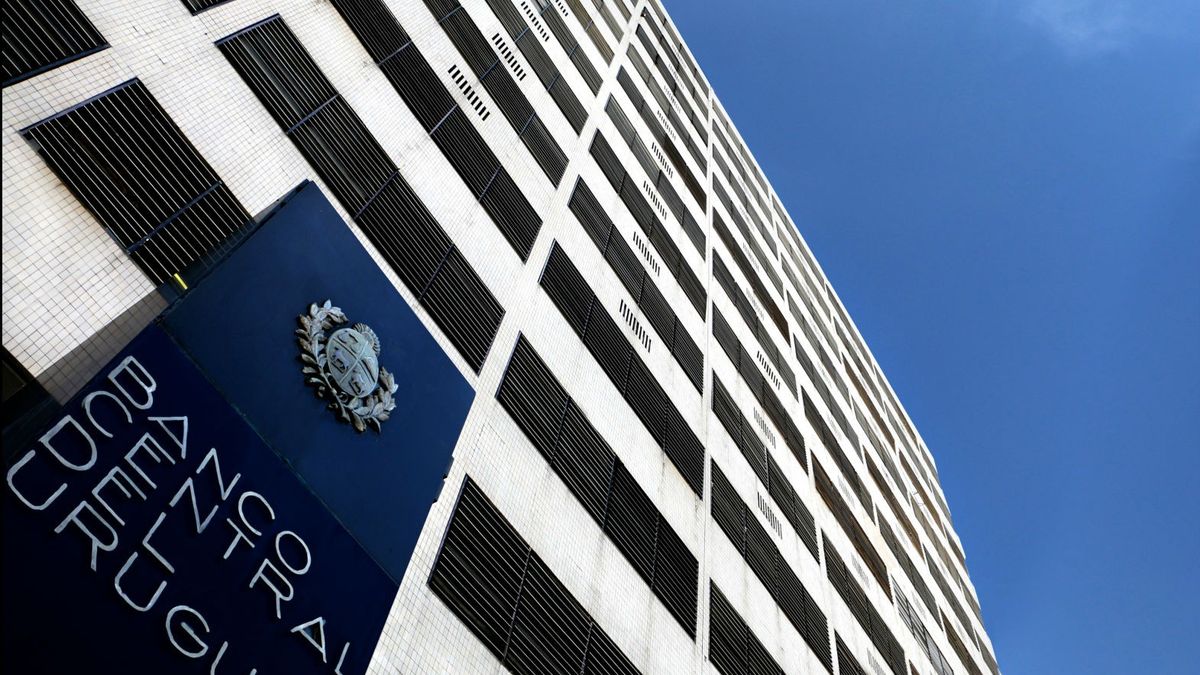The president of the Central Bank of Uruguay (BCU), Washington Ribeirosaid that the monetary authority does not rule out the possibility of intervening in the exchange market or the stock market, but that this is a tool that they would implement only in the case of an “extremely unusual” event and not in the face of the current rise in the dollar: “The Uruguayan economy Today it is extremely stable,” he said.
The authorities of the BCU They presented the new roadmap of the institution regarding the payment system But, as inflation and the dollar are issues that are always on the economic and media agenda – even more so during election times – these questions were put on the table as well.
In this regard, Ribeiro was asked about the evolution of the inflation and the possibility that, in recent months, an upturn in the same is being observed, despite the fact that it still remains within the target range. For this reason, the president of the BCU He pointed out that “inflation has had the evolution predicted by the “Central Bank”.
“There has been a slight increase in recent months that was expected, projected and thus reported in our Monetary Policy Reports”, He said, adding that these same projections indicate that the evolution of prices will remain within the target range of between 3% and 6% for the next 24 months; and that the most important thing is that the expectations of market agents and entrepreneurs are aligned with these estimates.
However, he said that the BCU’s daily work is to aim for inflation to be within the range, at 4.5%.
The dollar rises, can the Central Bank intervene?
Asked about the recent and sharp rise in the exchange rate, Ribeiro, in line with the monetary theory underlying the policies of the BCU, He argued that the behavior of the dollar It is “a consequence of financial flows in all emerging economies” and that “Uruguay is part of them, so it is not immune to these ups and downs.”
Also, the recent comments of the senator were put into discussion. Broad Front and former president of the Central Bank, Mario Bergara, regarding the need for intervention by the monetary authority in the stock market, in cases where there is speculation.
“He Central Bank does not renounce any policy instrument and interventions are one of them,” Ribeiro responded, although he quickly specified that, in order for it to intervene, “a market must be observed extreme volatility or a extremely unusual event that does not respond to the foundations of the Uruguayan economy.”
“The Uruguayan economy today is extremely stable, We are attracting investments. Recently the government issued a long term bond with exceptional rates, perhaps the lowest, the spread “The lowest in history in relation to American bonds, so we do not see conditions today for intervention,” he continued, adding: “Having said that, as we have always said, the central bank has interventions within its policy tools and if we believe they are appropriate, we will apply them. We do not see any justification for doing so today.”
Finally, regarding the effects of a strong tendency towards rise in the dollar may have on the inflation target, Ribeiro insisted that “the advantage of the flexible exchange rate is that the dollar rises or falls and adjusts to market conditions.” “I repeat, we do not see a scenario of uncertainty or an event of such nature that merits intervention,” he concluded.
Source: Ambito
I am a 24-year-old writer and journalist who has been working in the news industry for the past two years. I write primarily about market news, so if you’re looking for insights into what’s going on in the stock market or economic indicators, you’ve come to the right place. I also dabble in writing articles on lifestyle trends and pop culture news.




